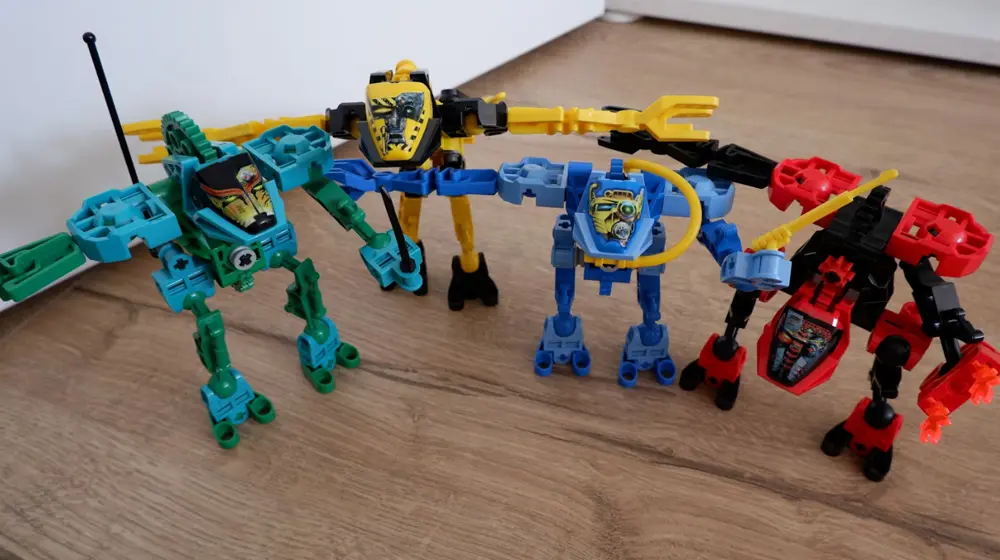
FCC Certification for Electronic and Electrical Products
Exporting electronic and electrical products to the United States has always been a priority for China. FCC (Federal Communications Commission) certification is a critical step for electronic and electrical product companies to enter the international market, especially the U.S. market. FCC certification is mandatory and serves as a fundamental threshold for electronic and electrical products to gain access to the U.S. market.

What is FCC Certification?
FCC certification, officially known as Federal Communications Commission Certification, is a crucial regulatory measure by the United States to ensure electromagnetic compatibility for radio and communication products. Its purpose is to ensure that products do not interfere with radio and telecommunication networks while safeguarding consumer safety and health.
Types of FCC Certification
There are primarily two types of FCC certification:
- fcc sdoc Certification: Applicable to general electronic products without wireless transmission functions, such as TVs and audio equipment.
- fcc id Certification: Specifically for wireless communication devices, such as mobile phones, tablets, Bluetooth devices, drones, etc.
What Are the FCC Test Items?
To obtain FCC certification, products must meet electromagnetic compatibility standards, covering both emission and reception aspects. Common test items include:
- Conducted emission tests;
- Harmonics tests;
- electrostatic discharge tests;
- RF radiated immunity tests, among others.
Validity Period of FCC Certification
FCC certification is typically valid indefinitely. However, products may require recertification or certificate updates under the following circumstances:
- A new directive replaces the directive used during the initial certification;
- Significant modifications are made to the certified product;
- Safety issues arise after the product enters the market, leading to certificate revocation by the authorities.
FCC Certification Application Process:
1. The client submits an application form to the testing agency;
2. The client prepares test samples (wireless products require frequency-setting devices) and provides product documentation (refer to documentation requirements);
3. The testing agency issues a draft report for client confirmation, followed by the issuance of a formal report;
4. For FCC sdoc, the project concludes here; for FCC ID applications, the report and technical documentation are submitted to a TCB (Telecommunication Certification Body);
5. The TCB reviews the documentation and issues the FCC ID certificate. The testing agency sends the formal report and FCC ID certificate to the client;
6. After obtaining FCC certification, the enterprise can use the FCC mark and related statement on their product.
Note 1: First-time applicants for FCC ID certification must register an FCC-FRN (Federal Registration Number) to establish a company profile. After TCB approval, the certificate will include an FCC ID number, which typically consists of a "Grantee Code" + "Product Code."
Note 2: Both FCC SDoC and FCC ID applications require a U.S. Authorized Representative (also known as a U.S. agent).
In conclusion, as an important regulatory measure for electromagnetic compatibility of radio and communication products in the U.S., understanding and adhering to FCC certification standards is essential for companies intending to enter the U.S. market.
China's JJR Laboratory can assist you with CE certification, explosion-proof certification, explosion-proof conformity certificates, ATEX certification, FCC certification, FDA registration, ukca certification, reliability testing, reach testing, ROHS Testing, test reports, and other domestic and international testing and certification projects. If you require testing and certification services, feel free to contact us!
Email:hello@jjrlab.com
Write your message here and send it to us
 Is the Label Conform to ASTM F963 Mandatory?
Is the Label Conform to ASTM F963 Mandatory?
 How to Get ASTM F963 Certification
How to Get ASTM F963 Certification
 What Are CPSIA ASTM F963-11 Compliance Standards?
What Are CPSIA ASTM F963-11 Compliance Standards?
 What are the Differences Between EN 71 and ASTM F9
What are the Differences Between EN 71 and ASTM F9
 ASTM F963-23 Lithium-Ion Battery Requirements for
ASTM F963-23 Lithium-Ion Battery Requirements for
 Tiny Toys Bus Pass ASTM F963
Tiny Toys Bus Pass ASTM F963
 ASTM-F963-17 Non-Ride-On Toys Testing
ASTM-F963-17 Non-Ride-On Toys Testing
 Amazon ASTM F963 Pacifier Compliance Testing
Amazon ASTM F963 Pacifier Compliance Testing
Leave us a message
24-hour online customer service at any time to respond, so that you worry!




